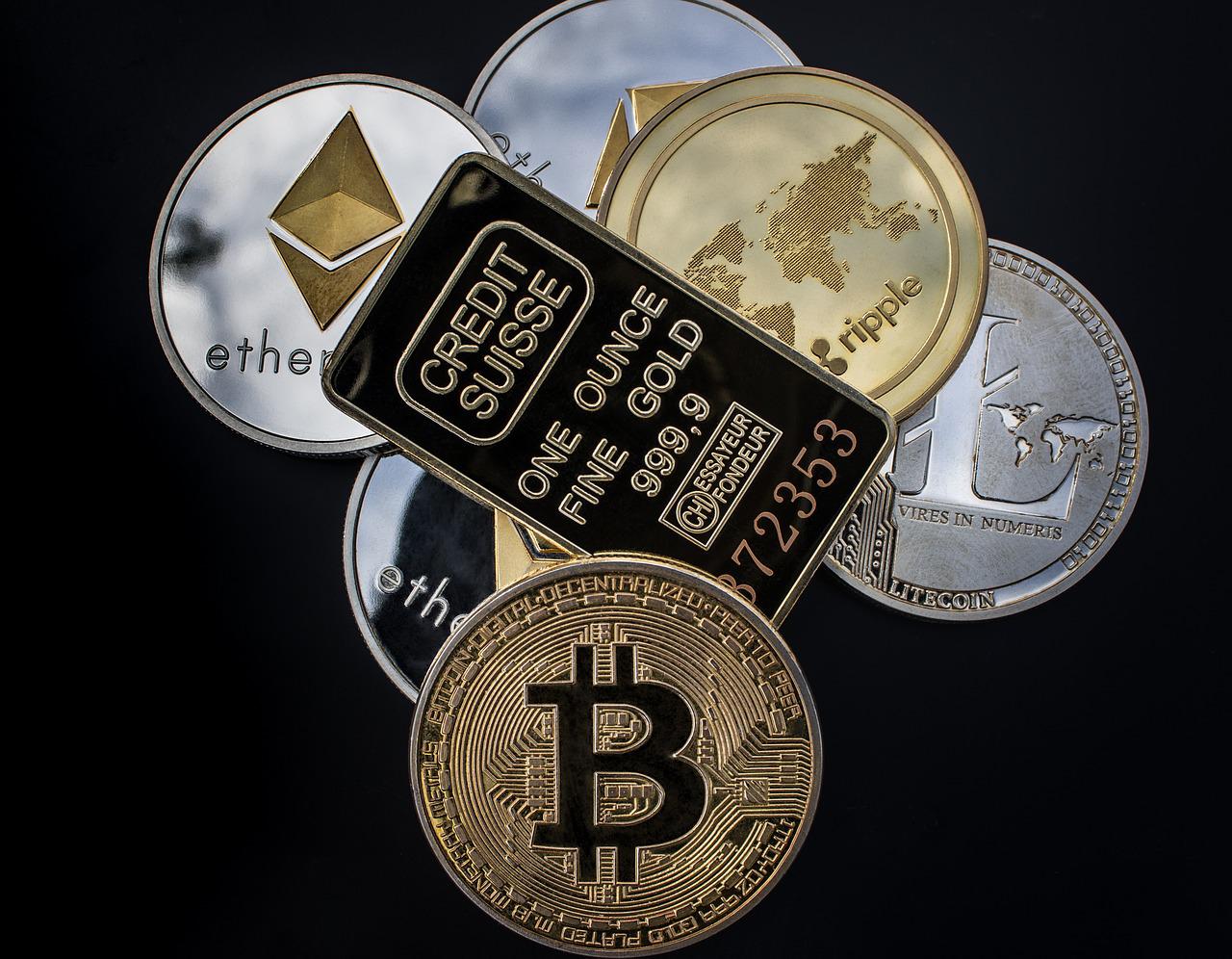As a person who has been in the “cryptocurrency space” for almost ten years now, I have often heard the question “Why is Bitcoin of any value?” as well as the statement/answer “Bitcoin has no value.” Some people refer to the more specific term: “intrinsic value”.
The best definition I have heard for “intrinsic value” is that of stand-alone objective value, above and beyond any reference to human beings.
For example, consider a man that is alone on an island and who comes upon a brick of gold. That gold is useless. If gold had intrinsic value, that gold would have value to that man. Yet, that gold is no more valuable than a coconut. In fact, the latter might be more valuable to the man, considering its nutritional properties.
Another example is the oxygen we breathe. It is only valuable because humans need it. So in a context without humans breathing it, it does not actually hold value.
Intrinsic value assumes that the value of something can be separated from (in this case) humans. It cannot. Value, contextually here, is completely dependent on humans. The point being, these repeated references to “intrinsic” value to debase cryptocurrency, are irrational. Let’s step away from the term “intrinsic” and focus then on something more useful – the term “value”.
The value of “something”, in the context of human perception, is therefore a combination of both what a human needs, and the degree to which that “something” fulfills those needs.
Human beings generally want to earn and preserve wealth. They also want monetary sovereignty to freely decide how and where to spend this wealth without discrimination/restriction. These are the needs. What can fulfill these needs? Well, ideally, that “something” should be a means of holding wealth that cannot be inflated, stolen, nor restricted (ie: censored). ANYTHING that fulfills these needs, has value to human beings.
Gold works well. Its supply cannot be inflated on a whim. Its universal acceptance makes it hard to censor. Censorship refers to the restrictions that can prevent a person in possession of gold from trading it with a merchant for goods or services. On the flipside, due to the need to physically possess gold, it can be stolen.
Let’s look at Bitcoin. Some of its key properties include the following:
- Decentralization: For all intents and purposes, no human nor company or organization controls it. It is governed by mathematical rules. These were designed specifically to protect against the failures of centralized currencies like the CAD or USD. These rules are enforced democratically by thousands of computers on the Internet. There is no centralized authority.
- Censorship-resistance: It is impossible to prevent someone from spending their Bitcoin. The holder of Bitcoin has 100% democratized access to the economy, to exchange their Bitcoin for other assets, goods, or services.
- Finality: All transactions that occur on Bitcoin are mathematically verifiable and irrefutable. The existence of a transaction on the Bitcoin blockchain is 100% proof the transaction occurred and that funds exchanged hands.
- Scarcity: Bitcoin is mathematically programmed to have exactly 21 million units in existence. This supply will never go up. There is therefore a mathematical guarantee against inflation. In fact, due to the regular expected loss of Bitcoin to lost passwords, etc, the actual amount of Bitcoin in circulation will dwindle, over time. This means Bitcoin is deflationary. This is another reason that in the long run, funds held in Bitcoin are expected to be a hedge against human-created inflation. On one hand, you have fiat currency increasing in supply, while Bitcoin reduces.
- Security: Bitcoin does not exist physically, so it cannot be lost nor stolen by physical means. Proper procedures around use and possession of Bitcoin mean that a person’s wallet can only be accessed by means of a private key (similar to a password). Unless a person loses their private key or gives it away, Bitcoin is an impregnable store of value.
- Transparency: At any given time, anybody can view the total supply of Bitcoin, as well as the balances of all their accounts. The ledger is public, and open to scrutiny. The protocol and algorithm behind Bitcoin is open source, meaning anybody in the world can read it. There is no chance of an agency or entity tampering with Bitcoin nor corrupting it for whatever purpose.
These properties make Bitcoin an excellent means to preserve wealth while maintaining sovereignty over one’s decisions. And for this reason, Bitcoin is valuable. For reasons beyond the scope of this article, Bitcoin is also expected to grow much more valuable over time.
Interestingly, fiat currency, which drives the world’s economies, fails miserably in terms of enabling the earning and preservation of wealth, and the sovereignty of spending it.
Governments continually inflate their own currencies. Looking at the purchasing power of fiat money held, inflation reduces that power indirectly, much like how an income or sales tax reduces that power directly. Inflation therefore taxes holders of fiat money in a disingenuous way that is imperceptible to most people.
Banks and tax departments can make it impossible to spend one’s own fiat money by means of tax garnishes, account lockouts, and seizure of funds in a person’s bank account. Let’s remind ourselves that banks are legally required to report to and adhere to orders given by the government.
Gold failed too. While it is better than fiat currency, gold is physical in nature and as such, the majority of holders of gold do not actually physically possess it. Rather, gold is typically held by a custodian such as a bullion vault. This in itself makes it centralized. This makes it vulnerable to censorship (the government in theory could block your access for whatever legal reason), and other undesirable outcomes. Gold was simply chosen millenia ago to act as a form of currency due to many of its other desirable qualities. Bitcoin is considered digital gold for a reason – it possesses the advantages of gold, and thanks to technology, does not suffer from its weaknesses.
In conclusion, if we were all to agree to the reasonable definition given above on what value is, as well as the shortcomings of other forms of “value”, it should be pretty clear that Bitcoin definitely holds value. Looking at the list of properties discussed above for Bitcoin, Bitcoin in fact does a formidable job at holding value. In most cases, Bitcoin quite possibly is the best long-term holder of financial value to human beings.
ABOUT THE AUTHOR
I am Neeraj Murarka, member of the BC Libertarian Party. I ran in the 2017 provincial election as the Libertarian candidate for Burnaby-Lougheed. I also ran in the 2019 Federal Election as a member of the Libertarian Party of Canada.
I am a computer scientist and mathematician, having 25+ years of experience in the technology industry. I’m a cryptocurrency enthusiast on both the technology and economics/politics/ecosystem behind crypto.
FULL DISCLOSURE
I am the founder and CTO of a company in the crypto space, called Bluzelle.
DISCLAIMER
All the information provided here is for educational and informational purposes alone. There is no express or implied warranty of any kind. This includes no warranties on accuracy, completeness, nor fitness for any particular purpose.
Information is not intended to be nor does it constitute financial advice, trading advice, investment advice, nor any other kind of advice. Investment and trading of cryptocurrencies has rewards and risks. It is not for everyone. Please seek your own advisory prior to using any information provided herein.


